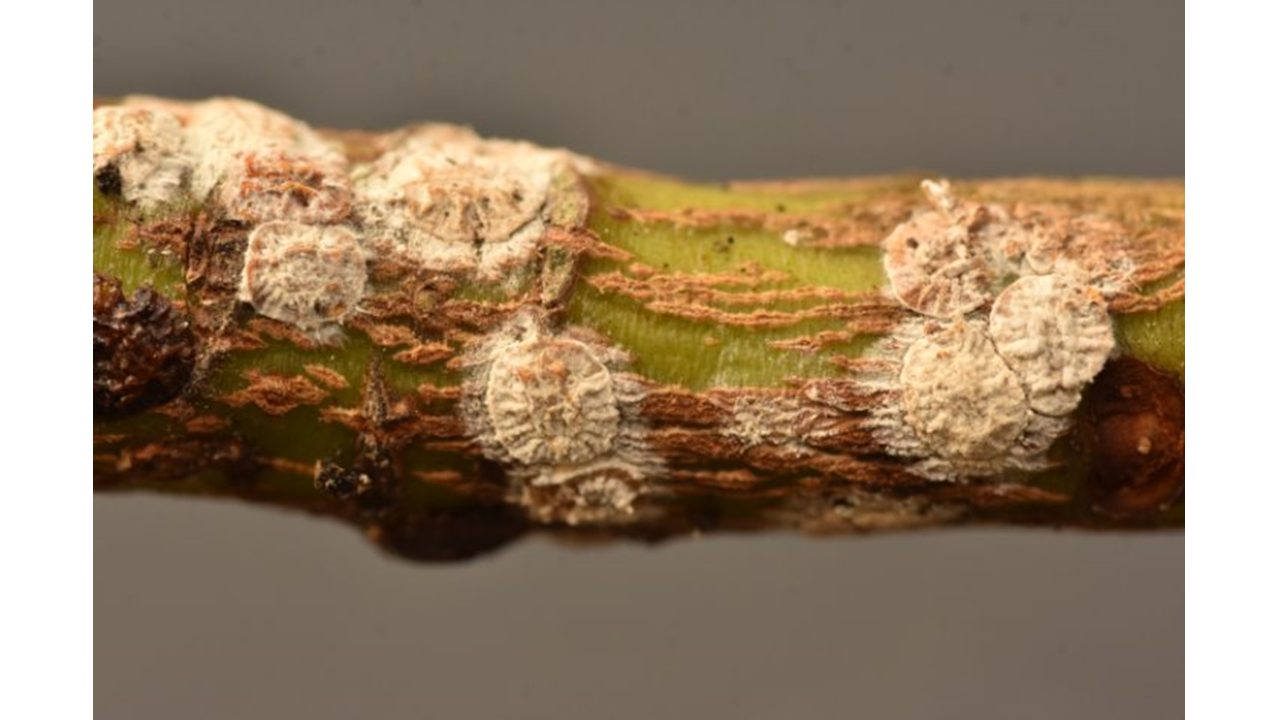Researcher Paul Amouroux, faculty member at the Hémera Center of Universidad Mayor, has been awarded the Innovation + Entrepreneurship grant from ANID’s Ciencia 2030 program to lead the project “HEPiaspis: Entomopathogenic fungi for the biological control of pest scale insects.”
The initiative, to be carried out during 2025, aims to identify, cultivate, and evaluate native fungi capable of controlling agricultural pests such as scales, soft scales, and mealybugs, which significantly impact the productivity of fruit and forestry crops, while also creating export market restrictions.
“What is most interesting about this research is the use of native Chilean entomopathogenic fungi to control pests in the fields, thereby limiting or even eliminating the use of synthetic pesticides, reducing their impact on both the environment and the final consumer,” explains Amouroux.
The project involves the participation of Consuelo Olivares (Center for Genomics and Bioinformatics), Isabel del Real (School of Agronomy), Lorena Barra (MacBioInsumos), as well as students from Biotechnology and Agronomy programs, who will have the opportunity to develop part of their theses within the framework of this applied research.
Over the course of four months, the team will focus on the isolation and cultivation of entomopathogenic fungi strains, their characterization and identification, as well as laboratory tests to evaluate their ability to control insect pests.
“This is an interesting grant because it brings together public and private entities to address a pest that is highly relevant for Chile and also for markets such as China,” the researcher highlights.
Through this project, Universidad Mayor seeks to promote sustainable alternatives for agriculture, contributing to innovation in biological control and positioning Chile as a leader in leveraging native biodiversity to tackle agricultural pests.
